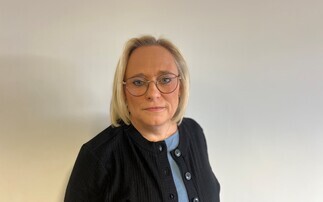A 'read-across' of the retail distribution review (RDR) to the protection space remains a possibility and intermediaries must continue to lobby hard to prevent it, an industry consultant said.
Last year, the FSA confirmed it will allow commission payments made to advisers for pure protection advice to continue, even though commission on investment sales will be banned.
Advisers feared if the same rules were applied to protection, the market could be decimated because very few consumers would be prepared to pay a fee instead.
However, Clive Waller, managing director of CWC Research, warned the FSA will "squash" the market if it deems advisers are mass-selling protection purely as a means of boosting income.
Launching a research paper for Swiss Re this week, Waller (pictured) said a read-across remains a possibility.
"There is a concern over a read-across, which would kill the protection market until a new distribution model could be formulated, but leave the intermediated route dead," he said, introducing 'It won't happen to me: A Study of the UK Intermediated Disability Insurance Market'.
"The concern is that if too many advisers use protection as a means of increasing income, the FSA will squash the market, regardless of if it is being mis-sold or not.
"I cannot say that is definite but it is the position we have been told the FSA have currently taken. We must not rule out this read-across and should continue to lobby as hard as we can to prevent it."
However, a key finding of the report suggested protection business will be a key component of adviser firms' cash flows post RDR, with the exception of high-end wealth managers.
But it also warned the current protection distribution is ineffective.
"Mis-selling brought about the death of endowment house purchase and personal pensions business, forcing advisers into investment-related and pre- and post-retirement planning for 'baby boomers', whilst ignoring the younger population who have a need for protection products," the report reads.
"Younger distributors typically have poorer knowledge of critical illness and income protection policies, and even those who are aware of the nature and causes of long-term and serious illnesses do not tend to apply that knowledge when selecting a product solution."











